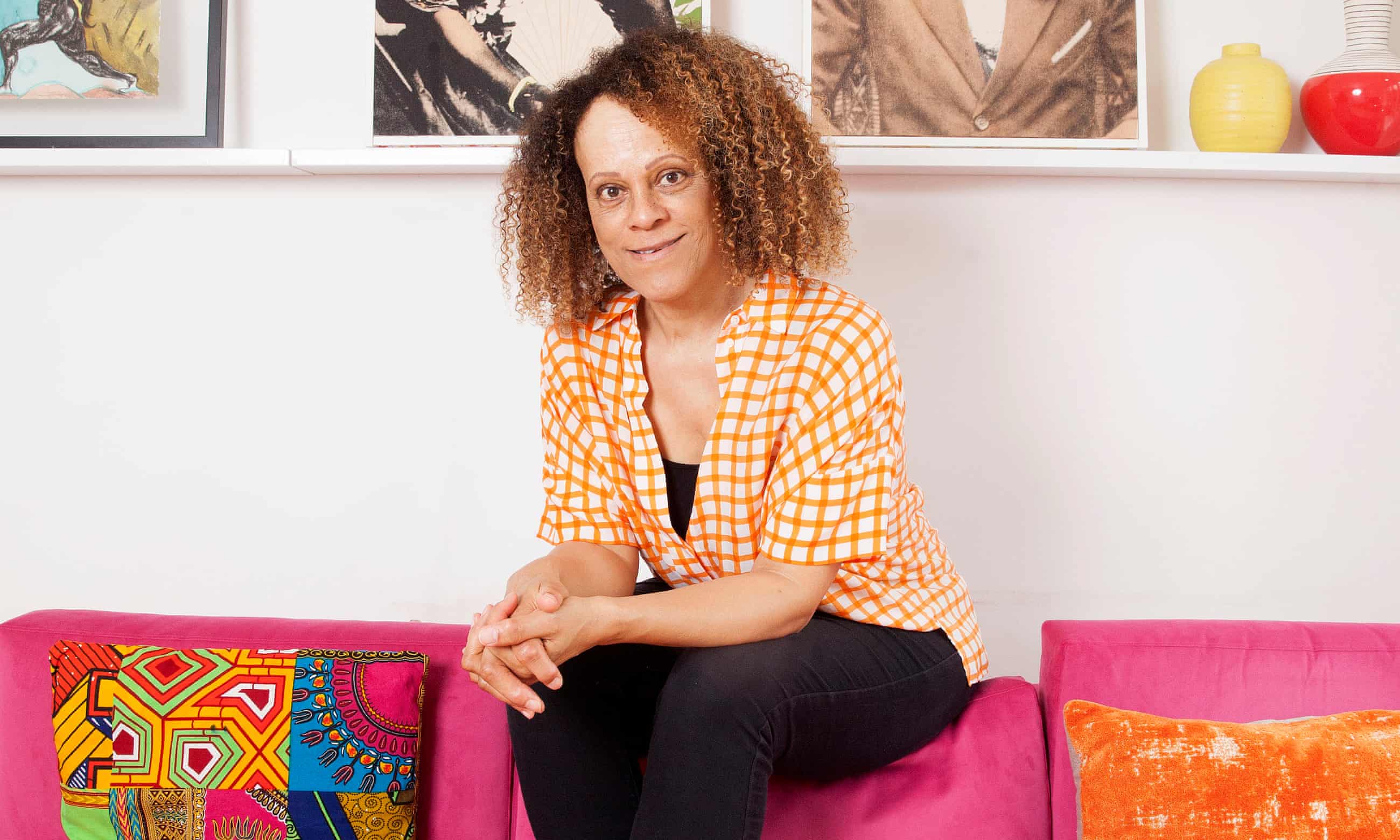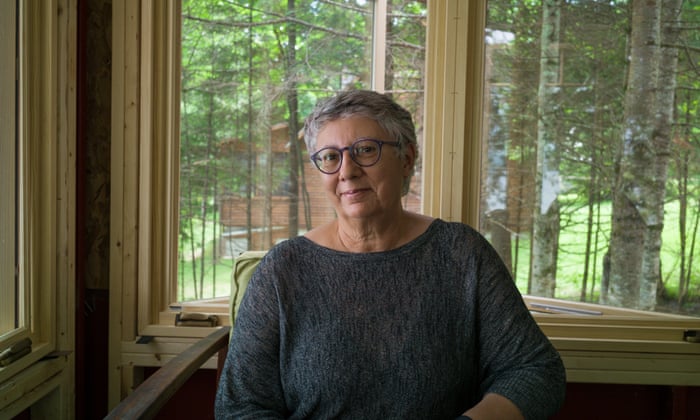The difficulty with asserting your beauty identity when you’re mixed race
Dazed Beauty
2019-11-05
Layla Haidrani
London, United Kingdom

©Rachel Rumai
We explore the confusion of navigating your personal identity when you have multiple heritages with conflicting beauty standards
I’ve grappled with the complex relationship between mixed race identity and beauty for a long time. Both my location and my heritage – I’m half-Lebanese, half-Pakistani – upheld beauty ideals that were at odds with each other. Looking too overdone would court much derision growing up in North London, but this minimalist approach conflicted greatly with Beirut’s – a city I spent most summers a teenager where ‘more is more’ is the unofficial beauty mantra. Once the plastic surgery capital of the Middle East, appearing permanently preened and polished with a face full of make-up isn’t just encouraged, it’s expected – even if you’re simply loitering in a shopping mall.
I’d never seen myself reflected in advertisements in the Middle East, where heavily groomed women subscribe to traditionally narrow ideas of femininity – carefully sculpted arched eyebrows, immaculate nails, hairless body, paired with long, sleek black hair – but that didn’t stop me from trying. In the lead-up to visiting for my holiday, I’d spend hours in beauty salons having head-to-toe treatments including a manicure and pedicure, eyebrow shaping, and a full-body wax. It wasn’t unusual for me to have an entirely separate make-up bag bursting with products. It was trickier when I factored in my Pakistani roots and when I spent time with my Desi London-based friends, I’d deliberately kohl my eyes and straighten my hair so our differences wouldn’t be glaringly obvious.
The fluidity of my beauty regime, which shifted according to the spaces I inhabited and the people I was surrounded by, felt stifling, as if there was only one ‘right’ way to look. This would be further exacerbated by Instagram, where I’d be confronted with dozens of images of what a ‘normal’ Lebanese or Pakistani girl should look like.
The term ‘mixed race’ itself tends to lump people as a monolith, and just as their experiences and heritages can wildly differ, so can their beauty identities. Dr Sarah Gaither, an assistant professor at Duke University who studies racial identity and social interactions, says that mixed race people report higher rates of social exclusion than other racial and ethnic groups. “They’re constantly being questioned about their racial backgrounds and denied their identities and group memberships,” she explains. “These experiences are known to cause increased levels of stress and depression at times and can be associated with more difficulties in forming a true sense of self and a sense of being an ‘imposter’.”…
Read the entire article here.









